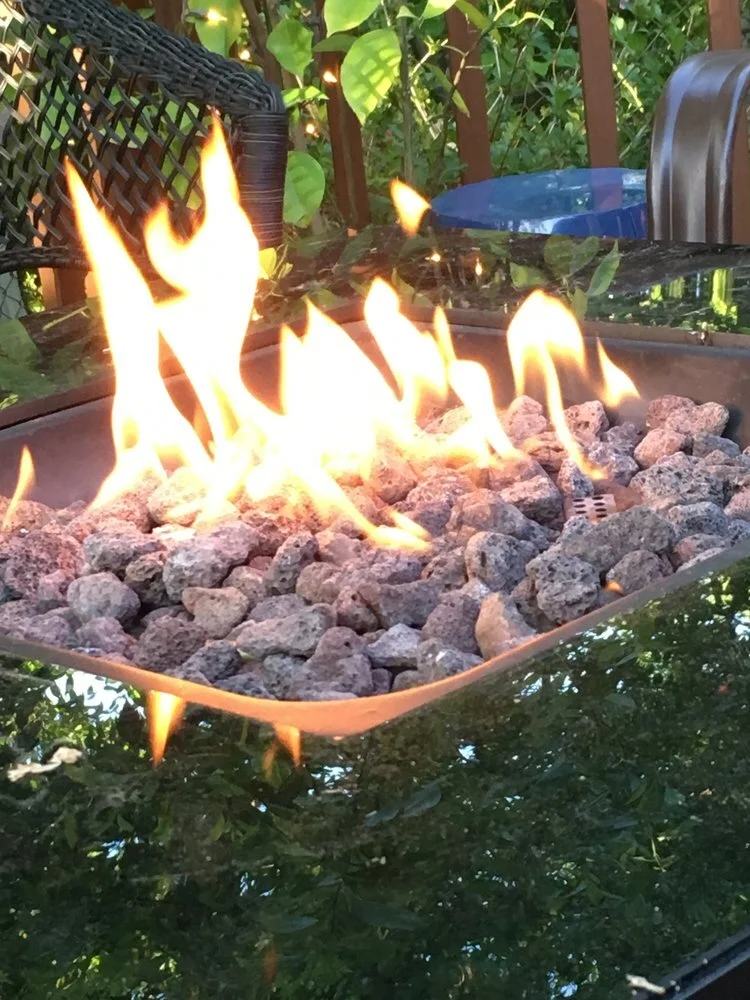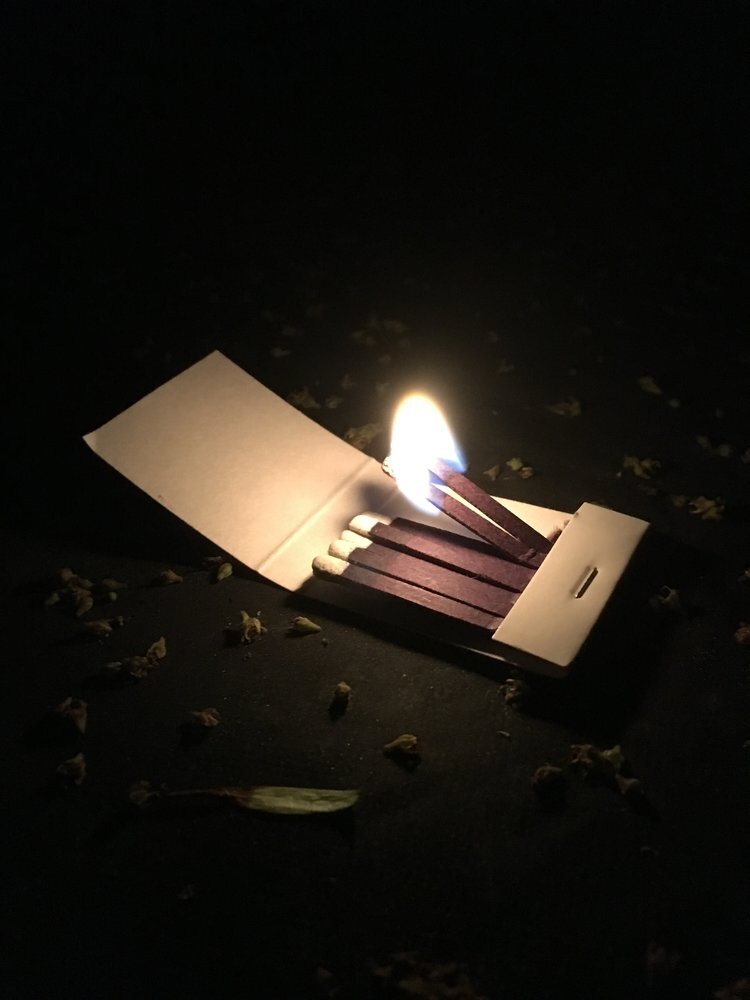In spring, I run my hand through the soil in my backyard raised garden and smile. The soil is dark and rich. I grasp a hand full of dirt and squeeze. It is moist and cool—ready. With the arrival of Memorial Day, it is finally safe to plant without fear of frost. I can’t help but think about the vegetables that will grow in this healthy soil.
In this chapter, I want us to get down and dirty. Inspired by Jesus’s parable of the good soil, our focus is going to be on the ground. Without good soil, there is little hope for the kind of growth that leads to an abundant harvest. If we want to have our garden plots and flower beds produce, we need to pay some care and attention to the dirt that fills these areas. Depending on what we are trying to grow, our soil will need certain minerals and nutrients.
My mind wanders from the earth in my yard to the soil of the spirit. What is needed for us to produce abundantly? What makes for the good soil that you can’t see because it is found in the innermost part of our being?
Inner soil. From this inside place, which is hidden not only to the world but also most of the time to us, come the ideas, dreams, passions, motivations, decisions, and vision (not of eyes but of the heart). Spiritually this is the place of our most profound connection to and longing for God.
So unique was this place, which the ancient Greeks (such as Plato) called the soul, that it was not even thought to be a part of the body. This idea of body–soul dualism remains popular. You hear some folks say at the time of a funeral that the soul has left the body, which is merely a shell. They find comfort in the immortality of the spirit. Their loved one lives as a spirit away from the body that was crippled and ravaged by illness. For them, resurrection is about a release and freedom from the brokenness of earthly existence.
Personally, I think the ancient Hebrews had a better grip on the situation. They taught that body and soul are not separate but are interactive parts of our whole being. Upon death, we genuinely die—all of us. Death is not an event for opening the release valve on our immortal souls. Death is a time when we as a whole (body and soul) come to the end of our living.
But fear not, this is not a cause of despair. Through the life, death, and resurrection of Jesus, Christians have hope that at the end of life, God will gift us new life. We confess in worship that we believe in the resurrection of the body…of the whole of our being—body, soul, all of us. Remaining in connection with our whole person, God will transform us beyond our imaginations. Even the deteriorated and crumbled-up bits of our brokenness will be changed into something beautiful and functioning.
Whether we adopt or modify ancient ideas about the relationship between our bodies and souls, I invite you to think for a moment about your essence. What makes you, you? Personality. Life experiences. Wisdom. Aspirations. Ethics. Each of us is wonderfully made and unique in all these categories. If we were to do a soil analysis of each of our lives, the results would come back unmistakably different.
And yet, there would also be a commonality. To be human is to share a similar soul composition. At the center of our lives remains the spark of our created essence—each of us has been formed in the image of God. However hidden it may be, there is something of God in each person—from Mother Teresa to the most hardened and unrepentant criminals. The challenge is to locate, celebrate, and nurture God’s image within us.
There are many ways to rise to this challenge. Each of the world’s religions provide well-worn paths that have guided believers over the centuries. For me, as a Christian, this way is found in following the life and teachings of Jesus Christ.
Throughout this chapter, we will use the metaphor of soil to explore the Kingdom of God and the life of discipleship from the inside out. Perhaps it would be better said that we will look at things from the ground up! We will consider our created natures and connection with the earth. How do we honor this sacred link? How do we cultivate the soil and our lives so that they produce good things?
It might get a little messy. You might even get your hands dirty. I’ll offer a fair warning: it might also inspire you to do a little planting in your backyard. After all, spring is the season for planting.



















